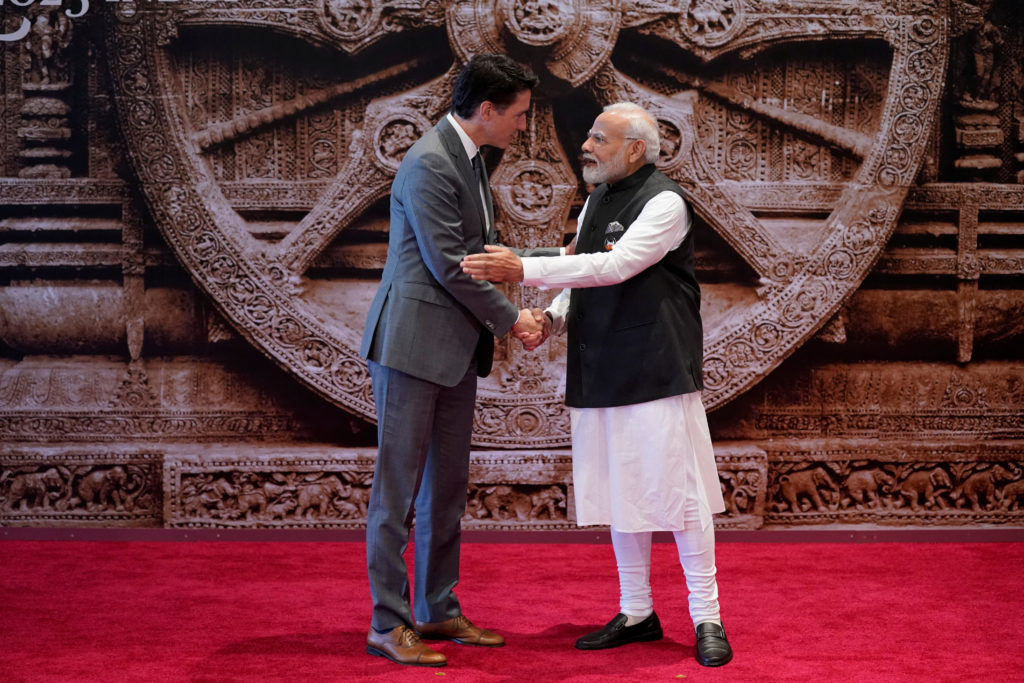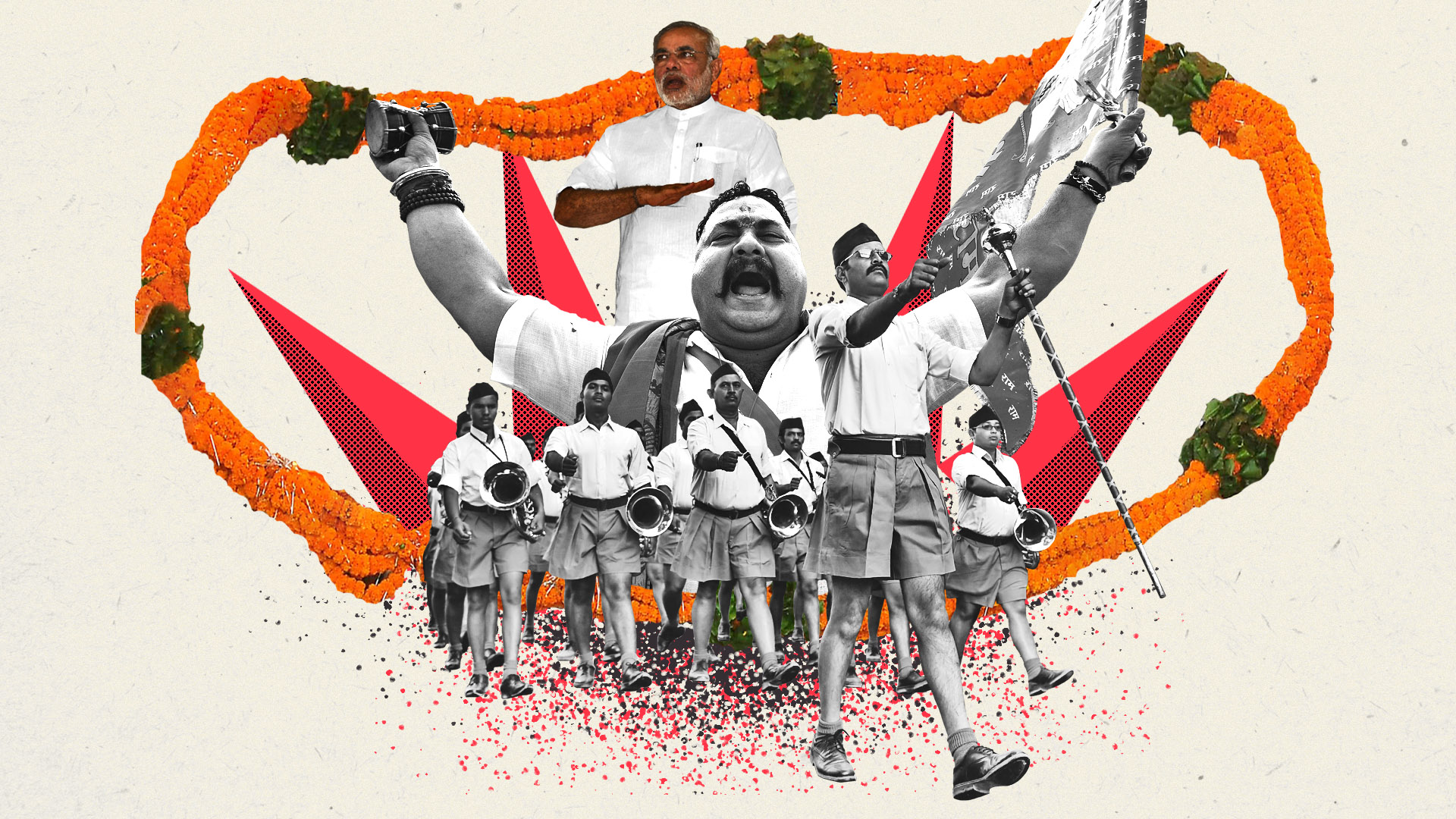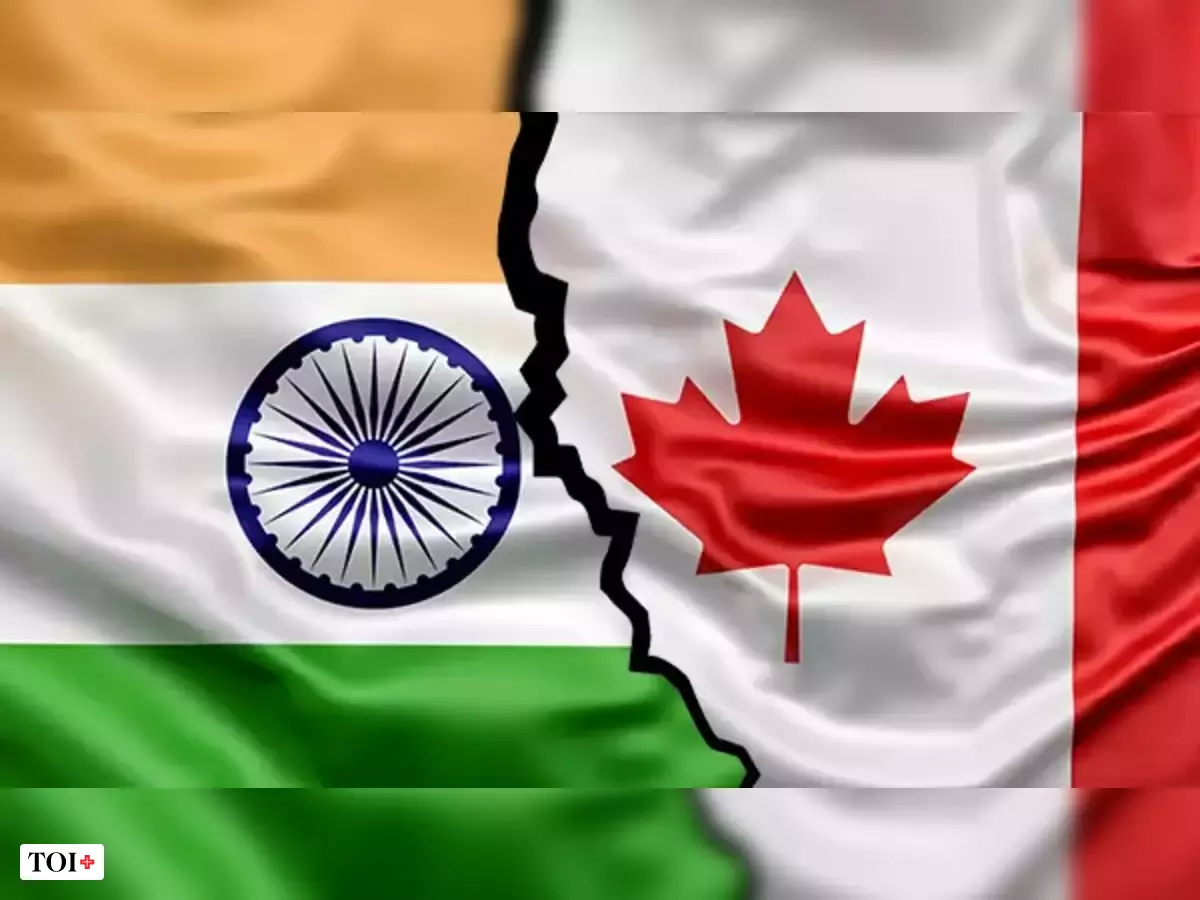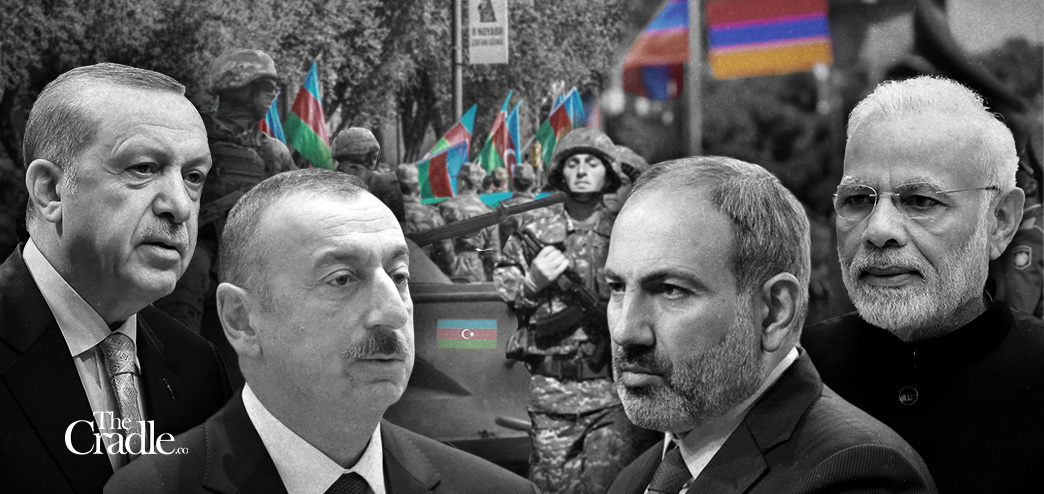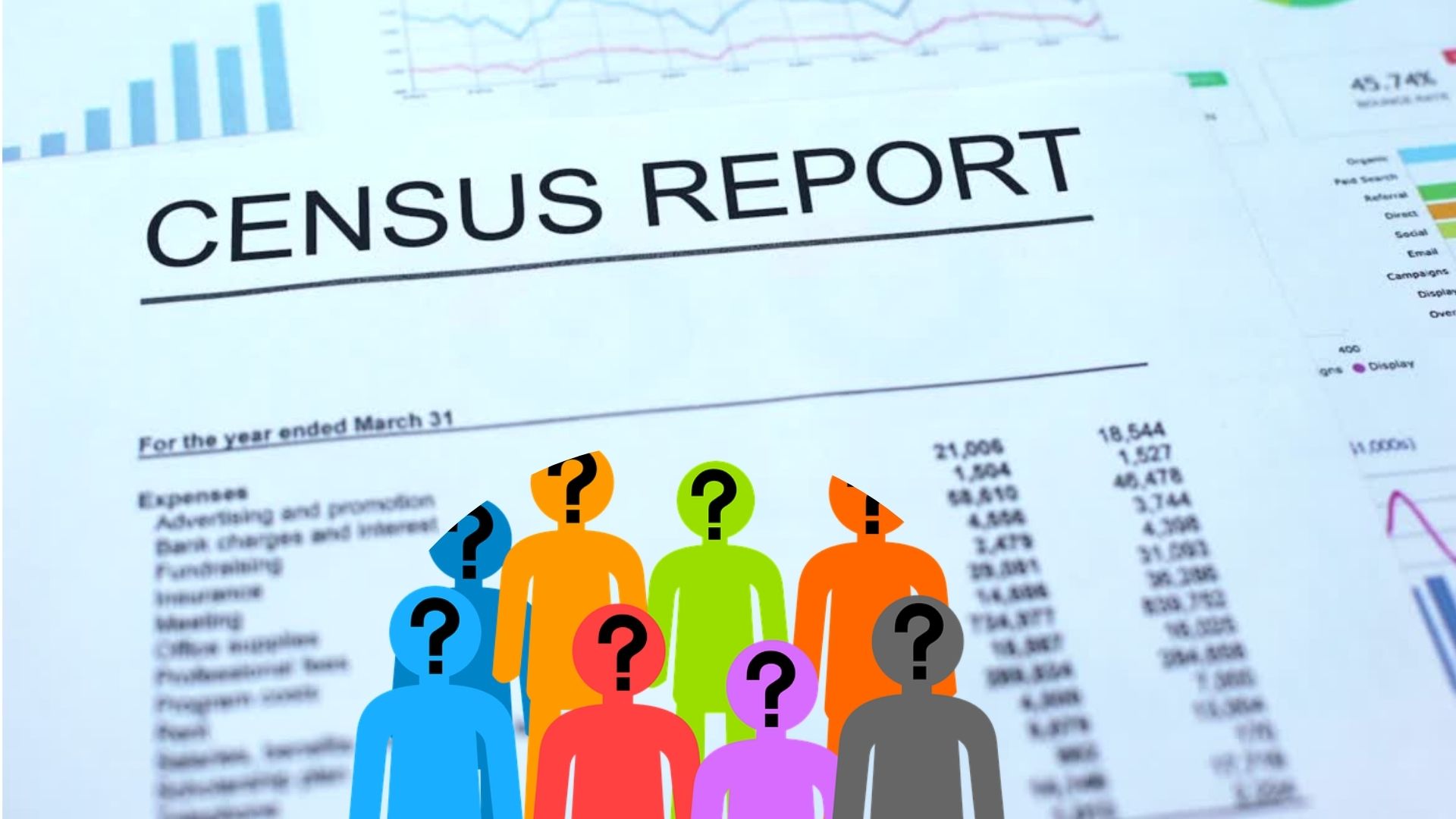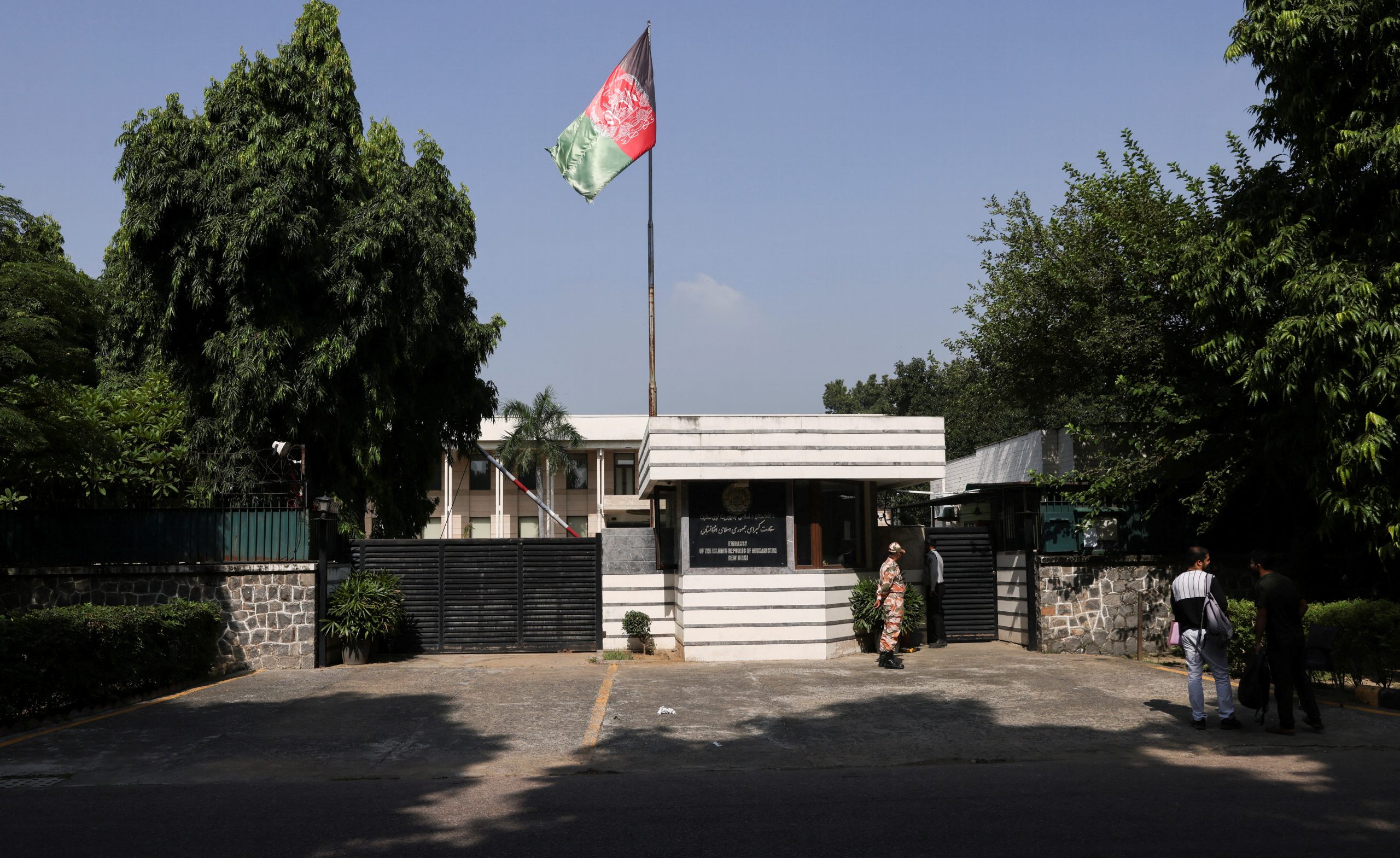Political strategies, alliances, and issues that will influence the electorate are being developed as India prepares for the upcoming round of elections. The question of whether Khalistan would emerge as Prime Minister Narendra Modi’s main election issue looms large among the various issues that could potentially become a focus of the campaign. The answer to this query has ramifications for the nation’s internal security and intergroup harmony, in addition to the impending elections.
As the BJP gets ready for elections for the 18th Lok Sabha, which are scheduled for early 2024, would Khalistan be the next campaign subject for Narendra Modi? Recall that the hoopla surrounding the deaths of 40 CRPF members killed while traveling by road from Jammu to Srinagar and Modi’s alleged retaliatory aerial strike of Balakot in northwest Pakistan helped him win the 2019 elections for the 17th Lok Sabha with even larger numbers than his initial victory in 2014. He was able to portray himself as a strong leader prepared to reprimand Pakistan.
The Khalistan issue, long since dead and buried, was brought up by the Indian government shortly after the three-day G20 summit on September 8–10, where Canadian Prime Minister Justin Trudeau brought up the murder of Surrey, British Columbia Gurdwara President Hardeep Singh Nijjar, also identified by the NIA as the chief of Khalistan Tiger Force (KTF), by two unidentified gunmen who were allegedly Indian agents.
The ‘Five Eyes’ intelligence alliance, which includes Canada as well as the US, UK, Australia, and New Zealand, provided Trudeau with lip support for his allegations to the Canadian Parliament that India was interfering in Canadian internal affairs and endangering Canada’s sovereignty and integrity by murdering a Canadian national on home soil.
Within hours of Trudeau’s speech in his Parliament, Modi, though, went considerably further. Sikhs with close relatives living in Canada, in particular, were shocked when India downgraded all diplomatic and related activity there. Following India, Canada has the second-largest Sikh population, and Sikhs are highly influential in Canadian politics and administration. Aside from senior government officials, seven Sikh members of parliament are ministers. Because their close relatives tend to their farms, the majority of Sikhs in Canada must frequently travel to Punjab and return. There are currently a few direct flights between Amritsar and Toronto to make this easier.
Naturally, there was almost panic among Punjabis, mostly Sikhs but also others, when Shiromani Akali Dal (SAD) head Sukhbir Singh Badal brought this up with Union home minister Amit Shah. In Punjab, the BJP does not wield considerable political power. When and if it has been successful in winning parliamentary seats, it has done so either by relying on the Akali Dal or Bollywood actors like Vinod Khanna. When they didn’t have a strong candidate for their Gurdaspur seat the previous time, they convinced Hema Malini to convince Sunny Deol, a movie star with little to no political interest, to run. The BJP also took that seat. But without a sizable portion of Sikhs backing its candidate, it cannot win any seats in Punjab. The Khalistan issue will undoubtedly alienate Sikh voters, at least in Punjab, if it is hyped.
Khalistan, however, appears to be a formidable issue that the ruling party may fully encash, placing the India group on the back foot, especially in light of how Modi encashed Pulwama-Balakot in the elections for the current Lok Sabha. The opposition may not have a case to make in terms of national security once Modi goes on the attack regarding the threat from Khalistan because the Congress already backs the government on this subject. It happened with Kargil in 1998–1999 and Pulwama in 2019.
This time, Canada is at a disadvantage because it is too far away. The Pulwama-Balakot incident raised some concerns about an escalation of the war between India and Pakistan, but Canada is a different story. Additionally, since all four of the other Five Eyes members have strong military and trade ties with India, they would not permit Canada to go beyond verbal jabs. As a result, Trudeau may continue to grow his political base because the Liberal Party of Canada is also running in the 2019 federal elections, and Sikh votes are crucial for any winning coalition in Canada.
The execution of another Sikh, Sukhdool Singh Gill, alias Sukha, who was deemed a Khalistani terrorist by the NIA, has increased friction between the two nations. Similar to Nijjar, he was shot to death on September 20 in Winnipeg, Canada, by “unidentified” assailants. Sukha migrated to Canada in 2017 from a rich agricultural family in Punjab. These two prominent murders in Canada, a country with an extremely low overall crime rate, share eerie similarities. On the NIA list of Khalistani terrorists, Nijjar and Sukha were both listed. Both were politically engaged and spoke out on Sikh-related problems. Both victims of the “unidentified” gunmen’s shooting. Will it fuel the fires even more, or will the Canadian government now attempt to cool things off?
It’s unclear if Khalistan will become a campaign issue for Modi as India’s elections draw nearer. Although it might be used as a potentially divisive electoral technique, it has serious drawbacks and repercussions. While navigating this controversial terrain, political leaders must carefully take into account the larger goals of national harmony, interpersonal harmony, and international relations. In the end, the decision will determine not only the course of the campaign but also the future of the country.
